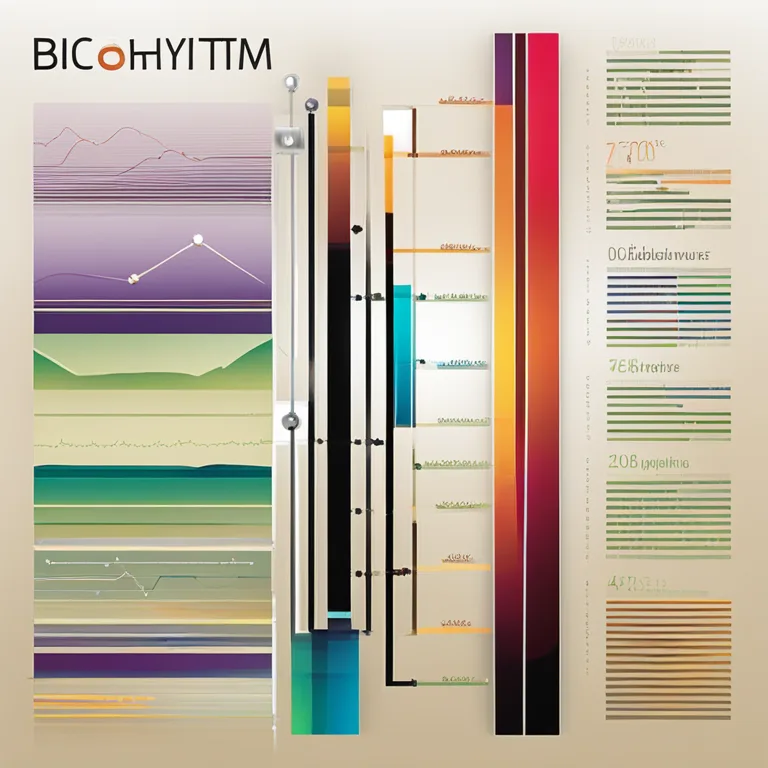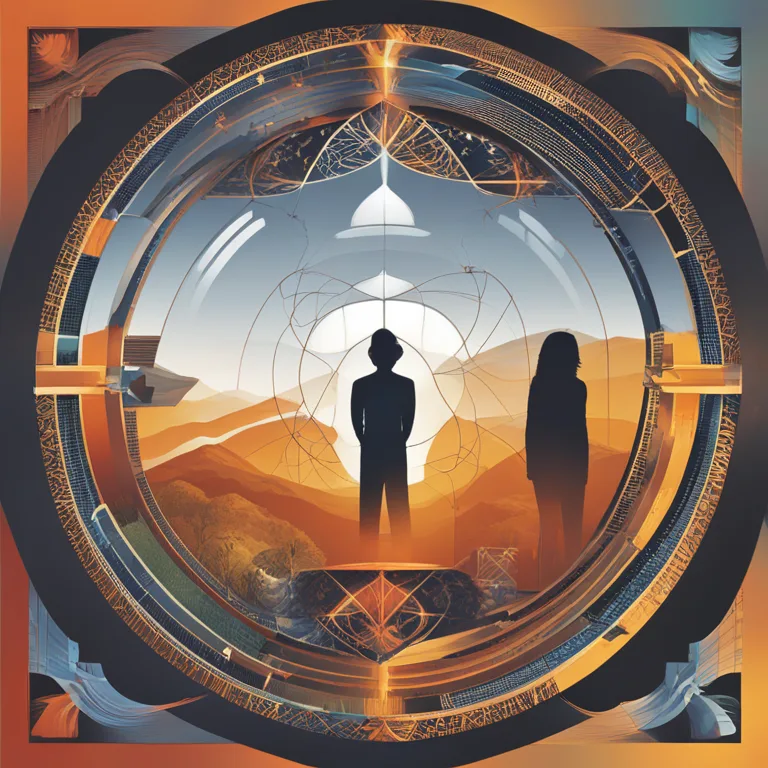
The Efficacy of Biorhythm Calculations: Myth or Reality?
Delving into the concept of biorhythms, this article evaluates their validity and whether they hold any scientific weight in guiding our daily lives.
article by Adrian Wallace
Introduction to Biorhythms
Biorhythms theory suggests that our daily lives are influenced by natural, rhythmic cycles. Proponents believe that understanding these patterns can lead to insights about one's physical, emotional, and intellectual well-being. This concept is not new, having first appeared in the 19th century, but it has seen a resurgence of interest in the digital age, with apps and online calculators offering to map personal biorhythms. In this article, we discuss the concept and investigate whether there's any scientific basis to the claim that biorhythms can predict or impact our daily functions and relationships.

Origins and Principles of Biorhythm Theory
The theory of biorhythms traces its origin to Wilhelm Fliess, a contemporary of Sigmund Freud, who posited that human life is governed by regular cycles. Modern interpretations involve three primary cycles: the physical (23-day), emotional (28-day), and intellectual (33-day). These patterns are said to begin at birth and influence various aspects of our behavior and performance. The concept asserts that by charting these cycles, individuals can forecast their peaks and troughs in each domain, thereby optimizing their activities and decisions.

Scientific Scrutiny and Debates
The scientific community, however, remains skeptical about biorhythms. Numerous studies have investigated the theory, with most finding no evidence to support the claim that these cycles accurately predict fluctuations in a person's well-being or abilities. Critics argue that the theory lacks empirical backing and reproducibility, which are cornerstone principles of scientific validity. Despite this skepticism, fascination with biorhythms persists, largely because the idea that we can foresee personal highs and lows is an appealing one, especially in an ever-uncertain world.

Biorhythms in the Modern Context
As we move further into the 21st century, technology has kept the concept of biorhythms alive, integrating it with digital personalization and wellness trends. Developers have created algorithms that claim to track and analyze these cycles, providing users with customized daily advice. Though such apps and services have not been endorsed by the scientific community, they continue to be popular, playing into the human desire for control and understanding of life's rhythms. This intersection of technology and wellness trends reveals the enduring appeal of biorhythm theory despite its lack of scientific endorsement.

Psychological and Placebo Effects
The continued interest in biorhythms might also be partially explained by psychological effects. When individuals believe that a system can provide insights into their lives, they are likely to view their experiences through that lens—a phenomenon known as confirmation bias. Additionally, the placebo effect may come into play; if someone expects to feel more energetic or focused because their biorhythm app predicts it, that belief alone might influence their actual feelings. While these effects are powerful, they do not validate the underlying biorhythm theory itself.
Biorhythms and Personal Experience
Ultimately, whether biorhythms 'work' may hinge on personal anecdote rather than scientific fact. Users often report positive changes when they pay attention to their supposed biorhythmic cycles, possibly because it prompts greater self-awareness and mindfulness of one's emotional and physical states. While this personal experience should not be discounted, it is crucial to differentiate between genuine cycle-based predictions and the benefits of increased personal reflection and mindfulness.
Concluding Insights
In conclusion, biorhythms, as they are popularly conceived, do not have a robust scientific foundation. While they continue to capture the imagination and serve as a tool for personal exploration, their predictions should be taken with a grain of salt. The lure of predicting life's ebbs and flows will likely persist, but as of 2024 and beyond, biorhythms remain more of a curiosity than a scientifically validated concept.
Published: 12/28/2023
Modified: 12/28/2023
More predictions
Come back here soon to learn more about yourself and your future


Biorhythm Compatibility & Birthdays
Discover the intriguing connection between your birthday biorhythms and relationship harmony in our insightful article.


Exploring Human Biorhythmic Cycles
Explore the fascinating concept of biorhythms and their influence on physical, emotional, and intellectual faculties in humans.


Unlocking Your Body's Natural Clock
Explore the intriguing world of biorhythms and discover how they influence your physical, emotional, and intellectual states.